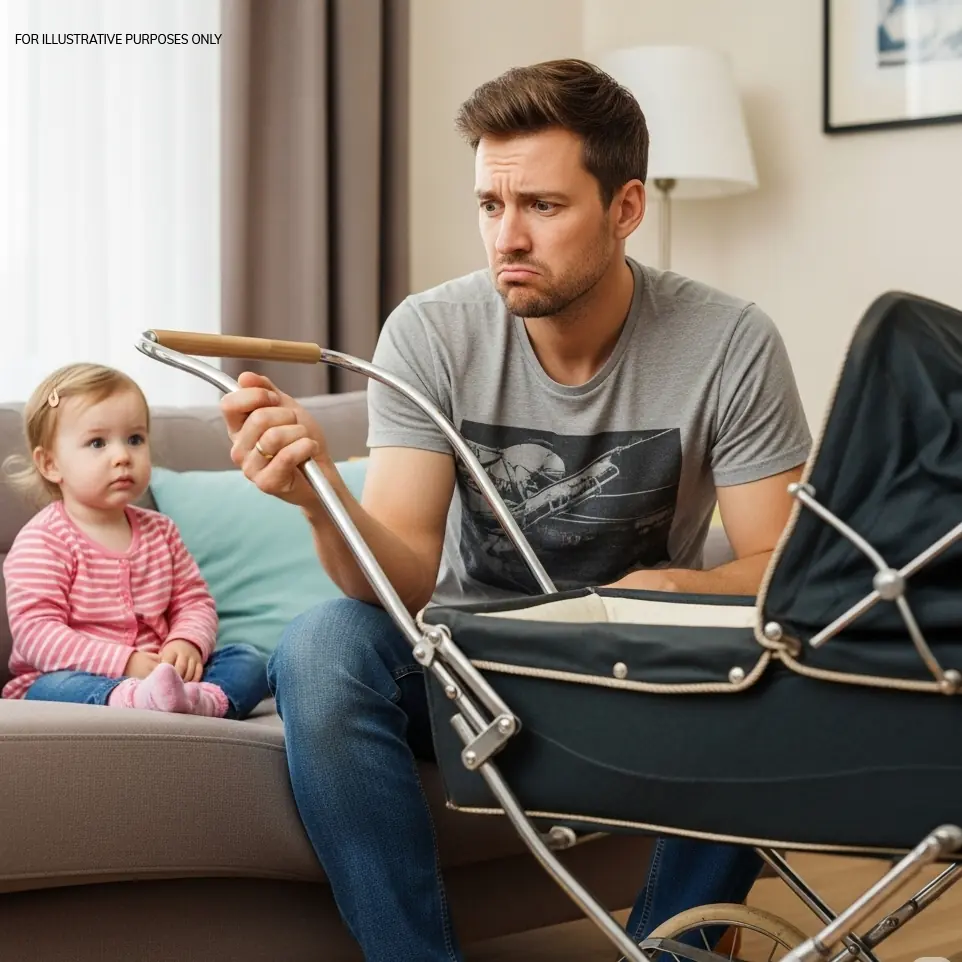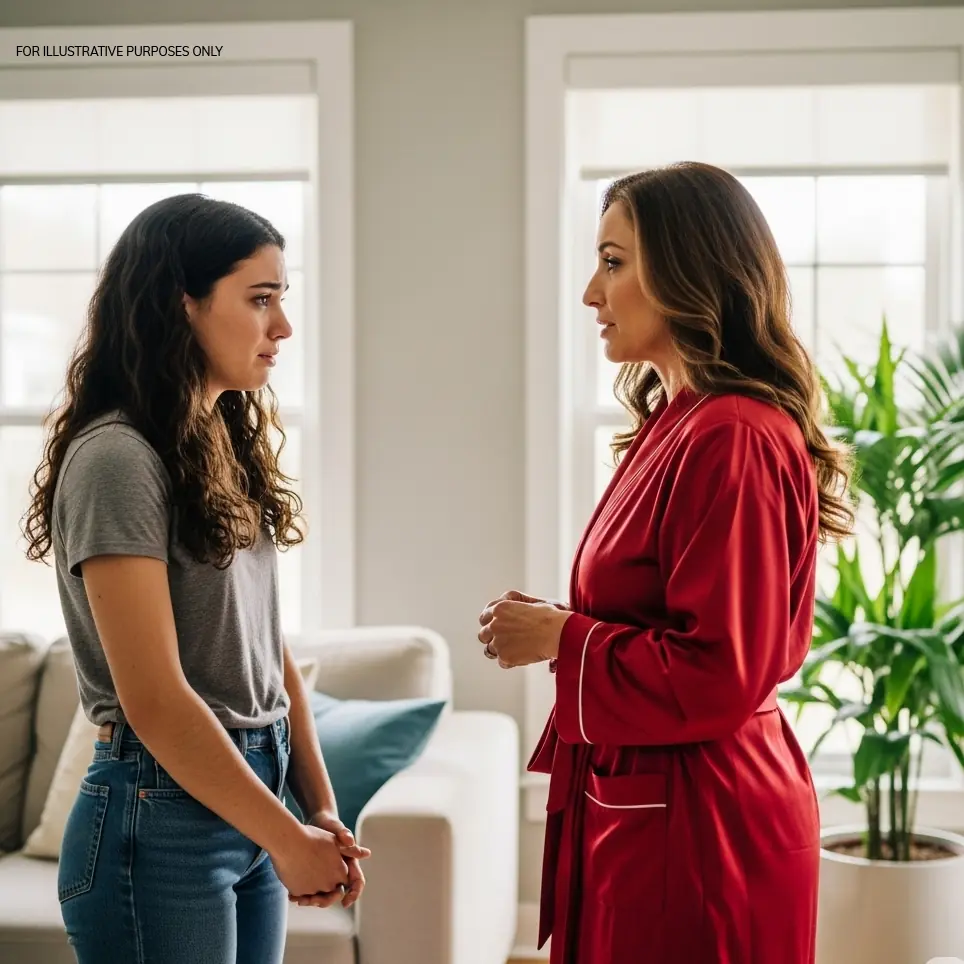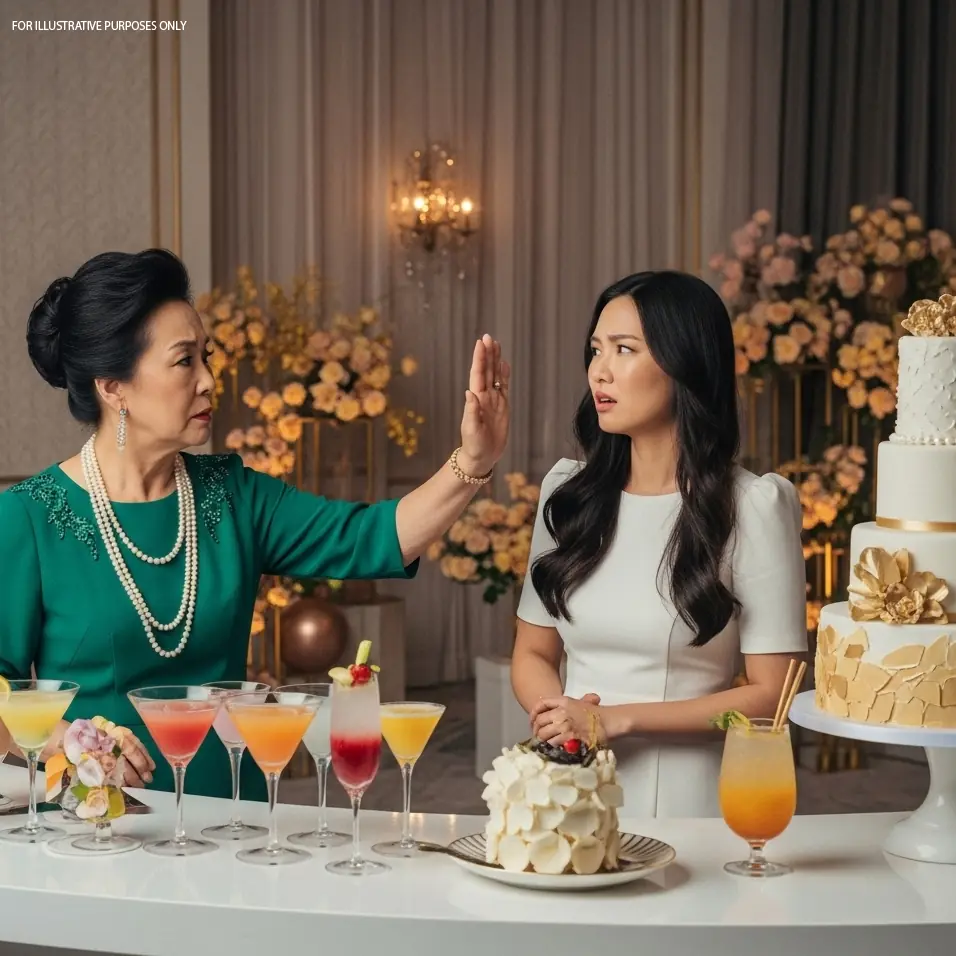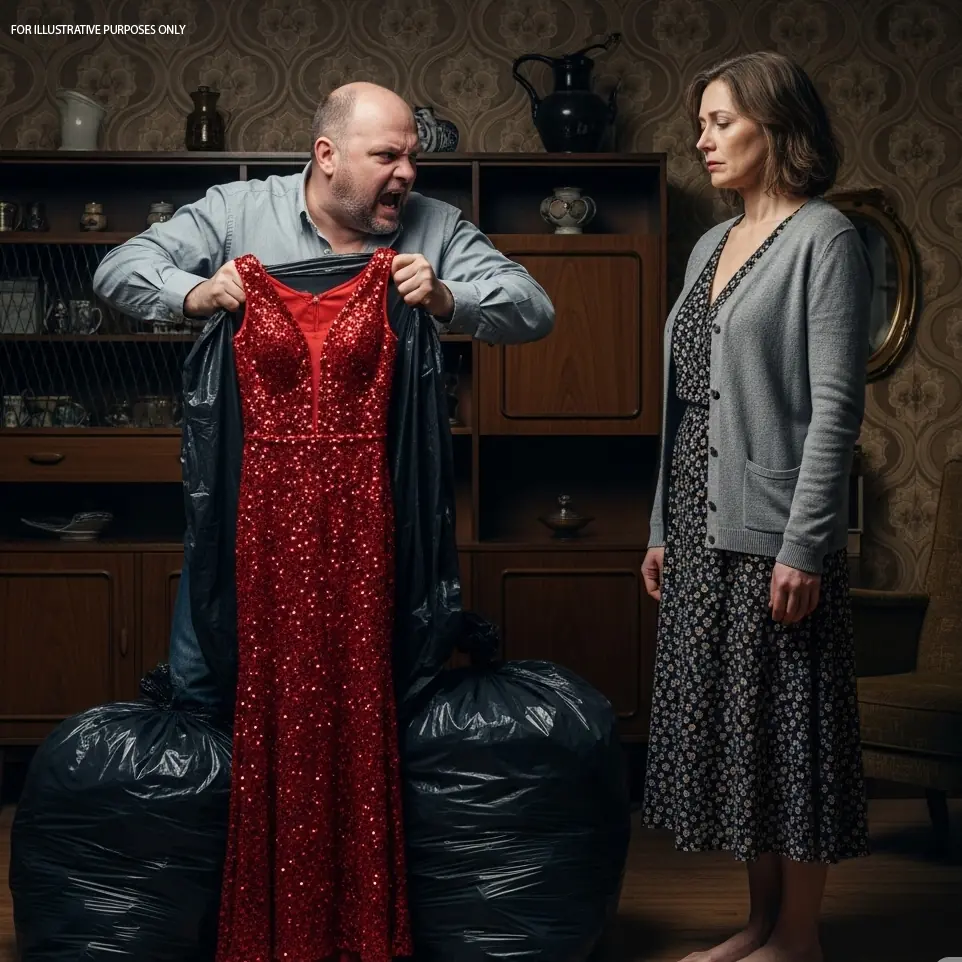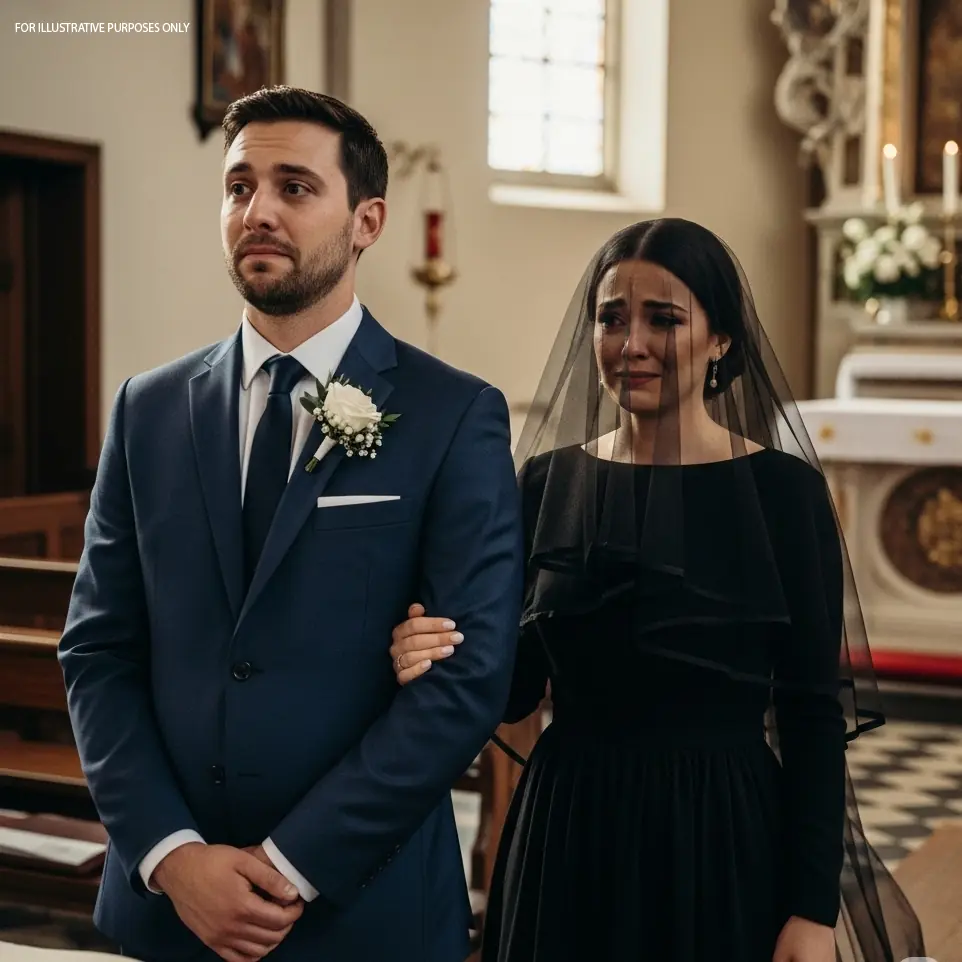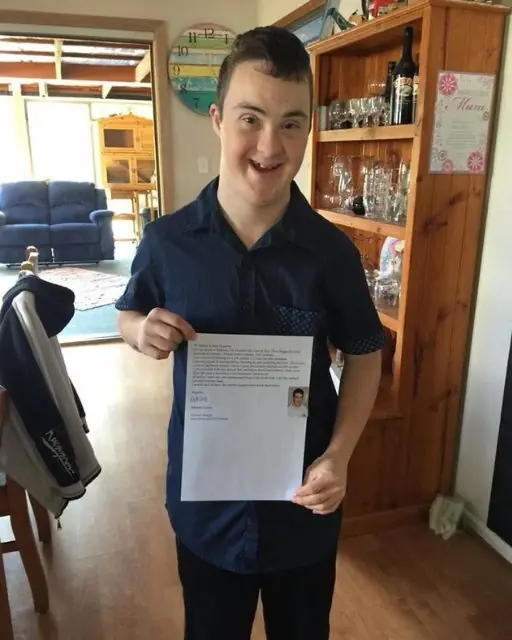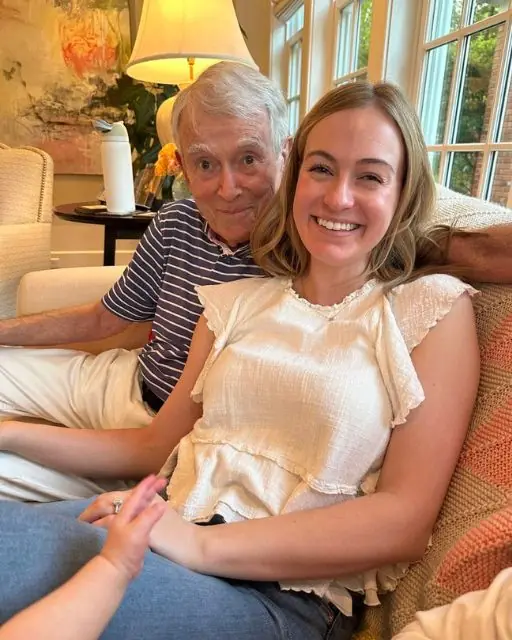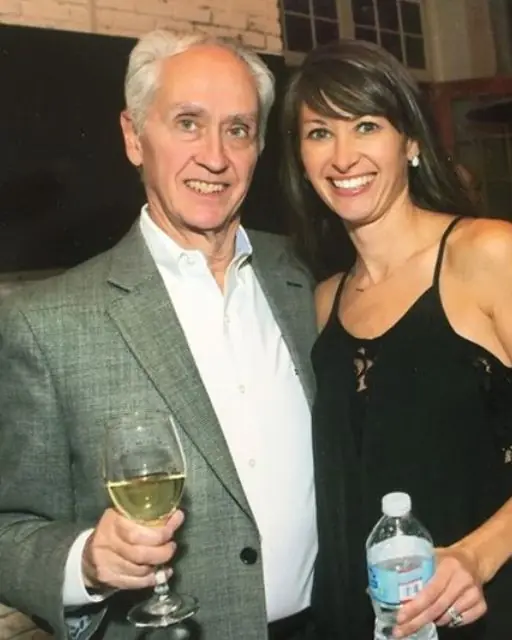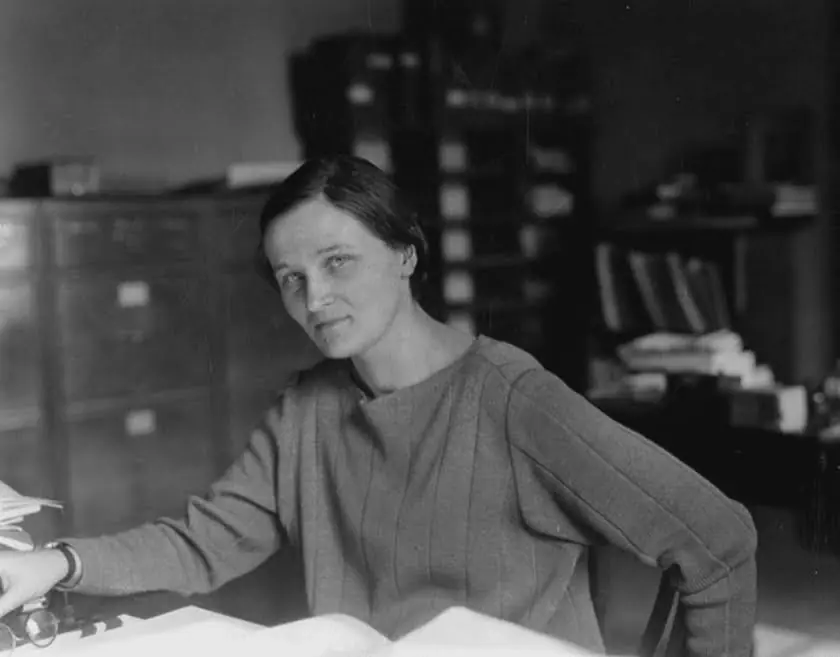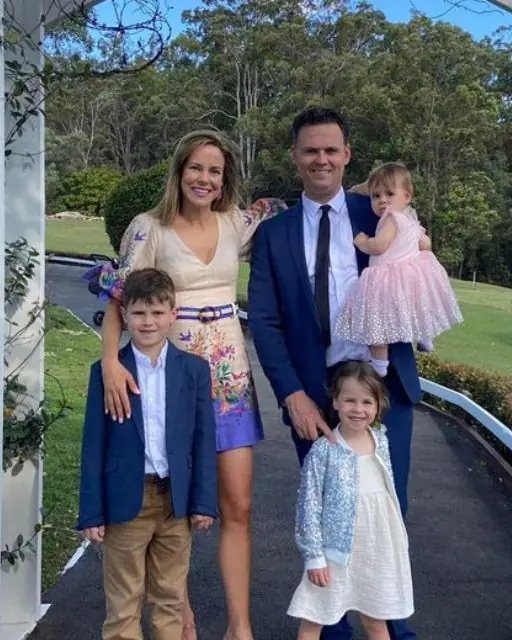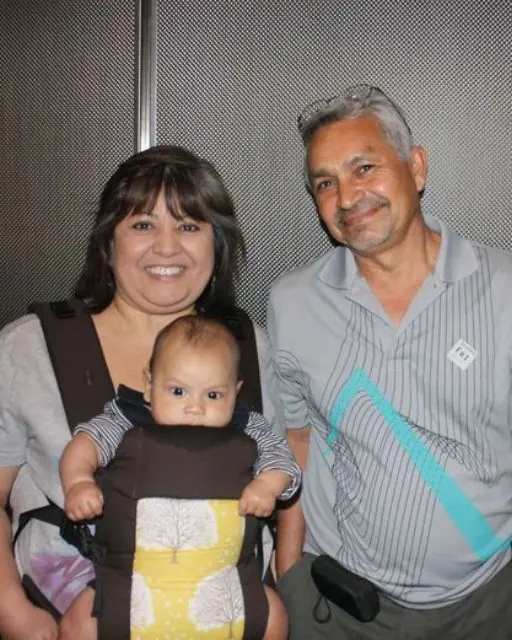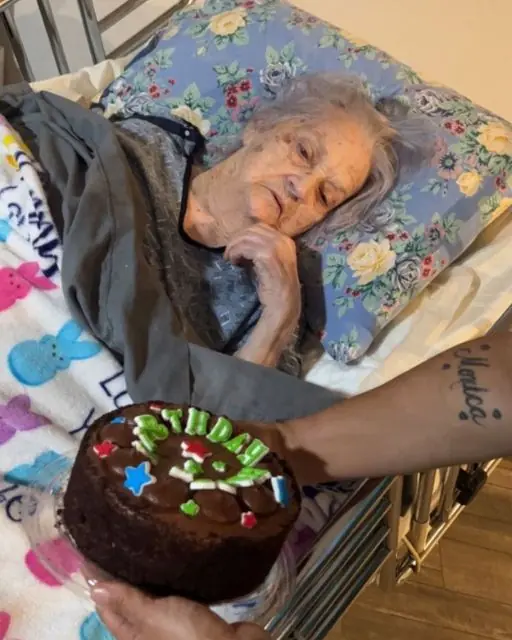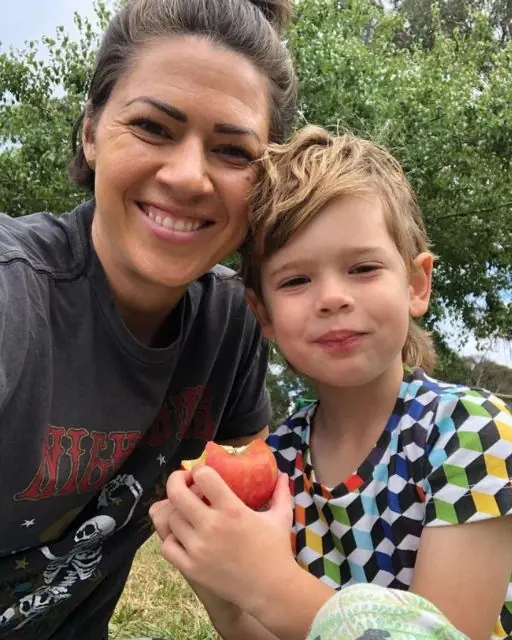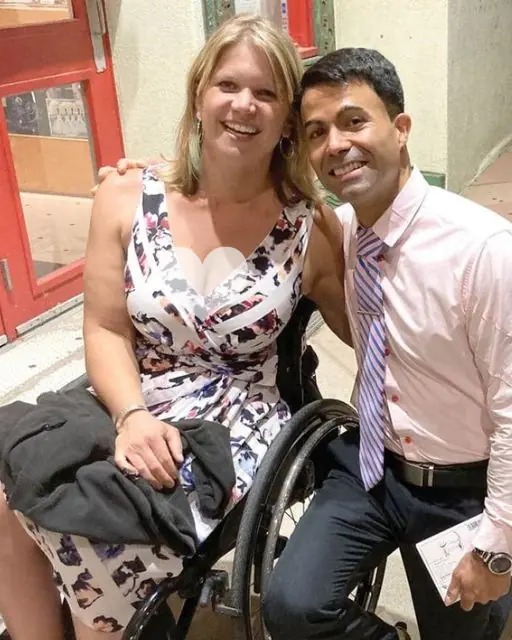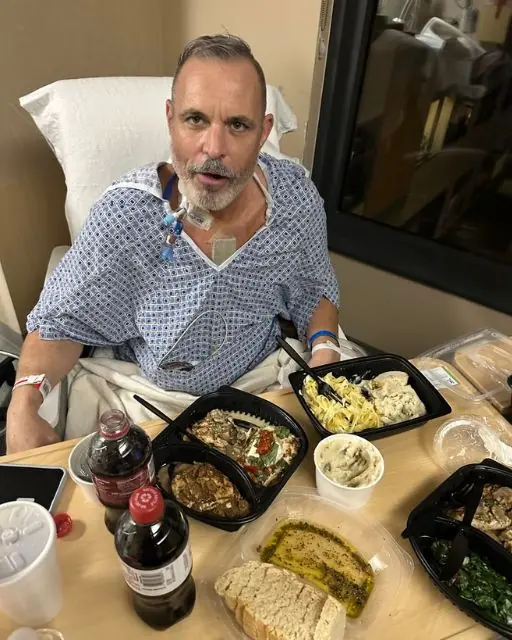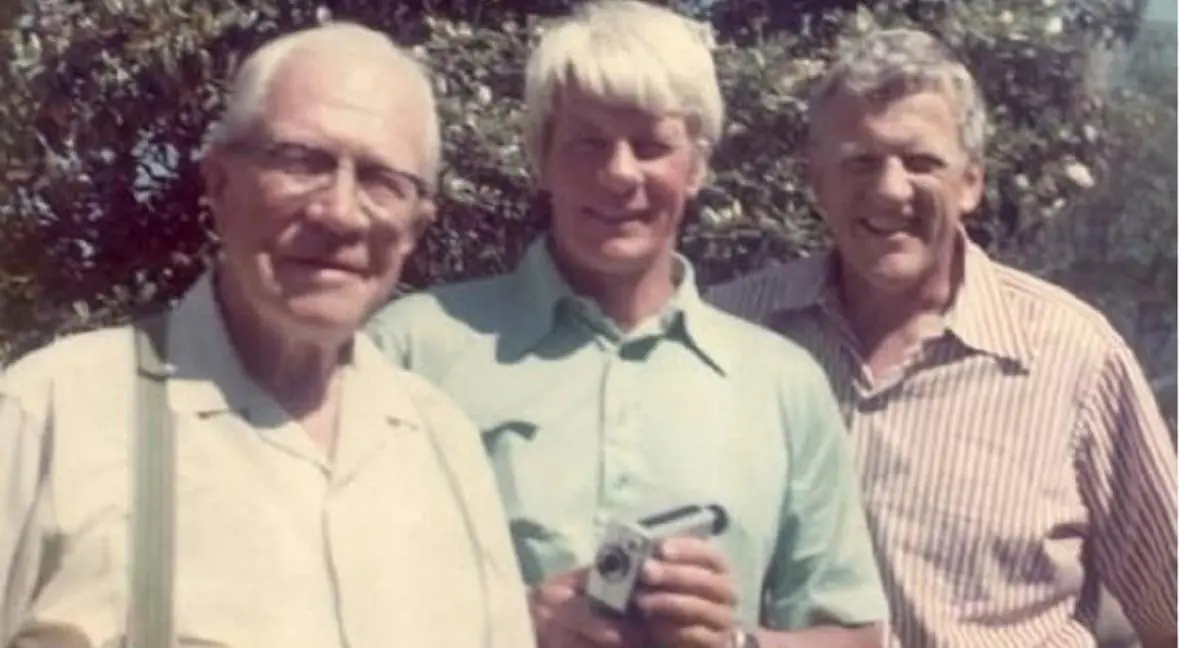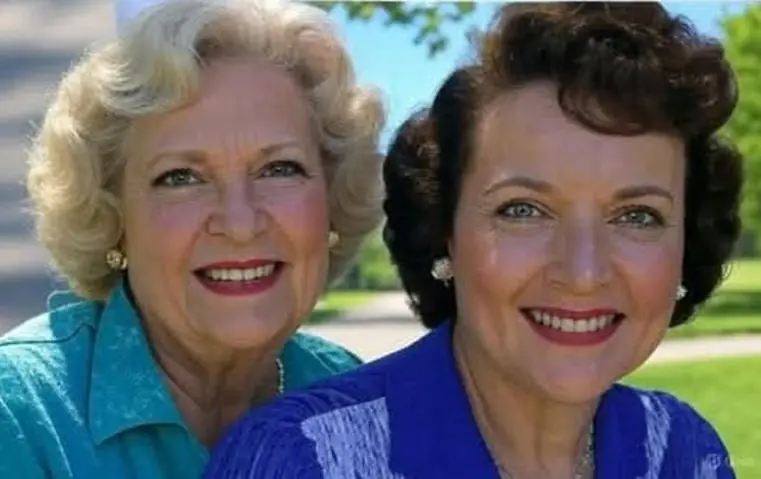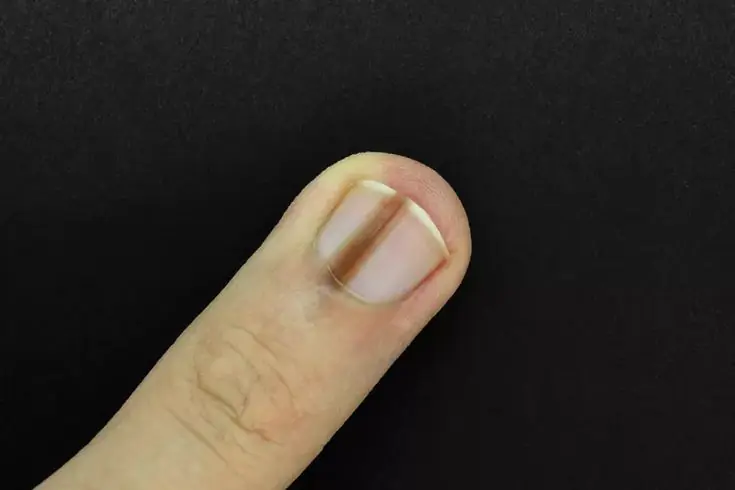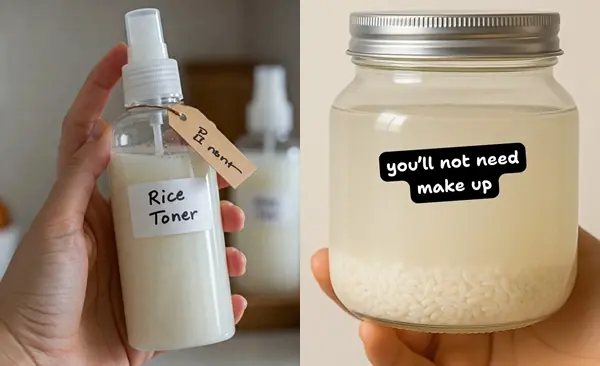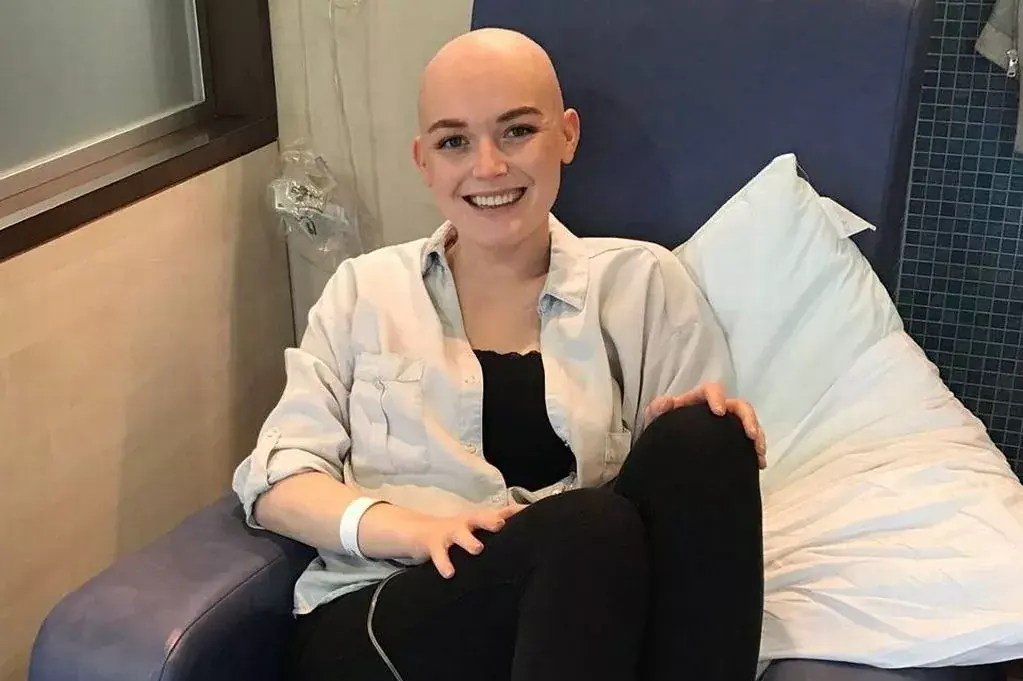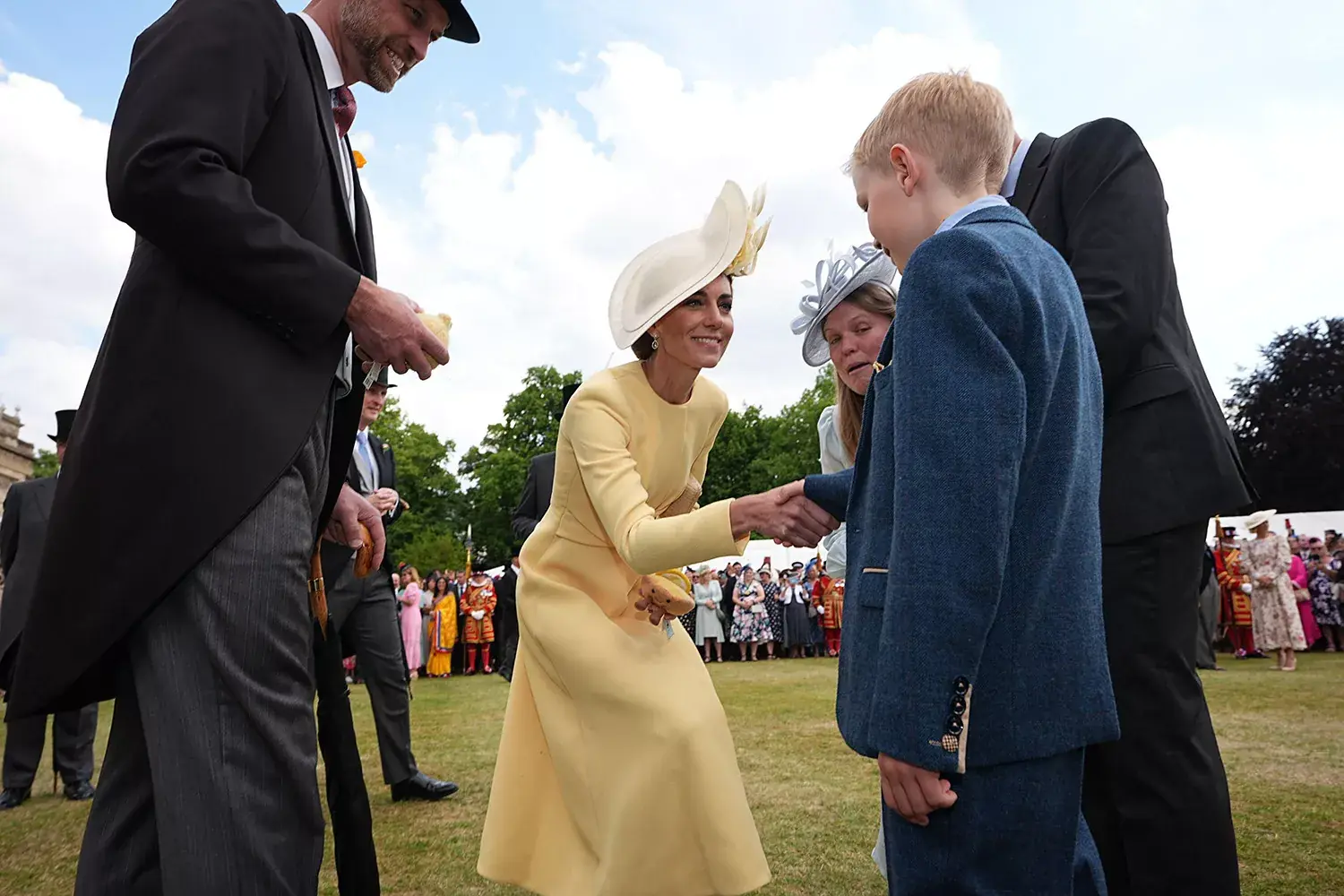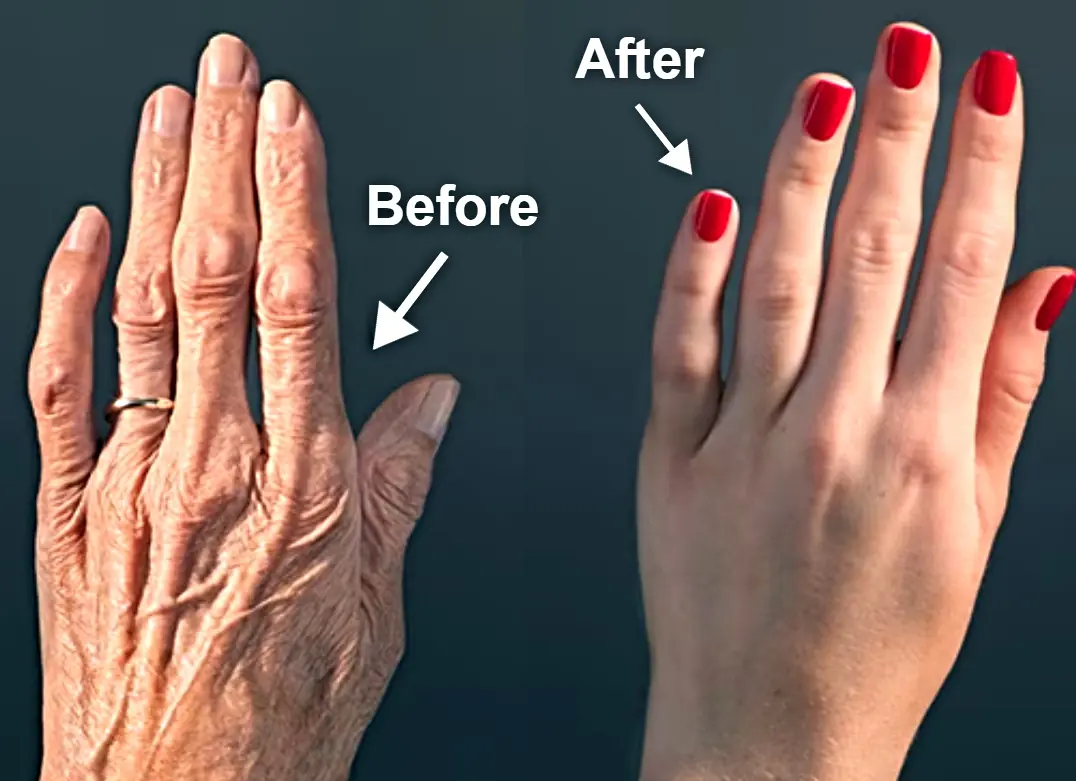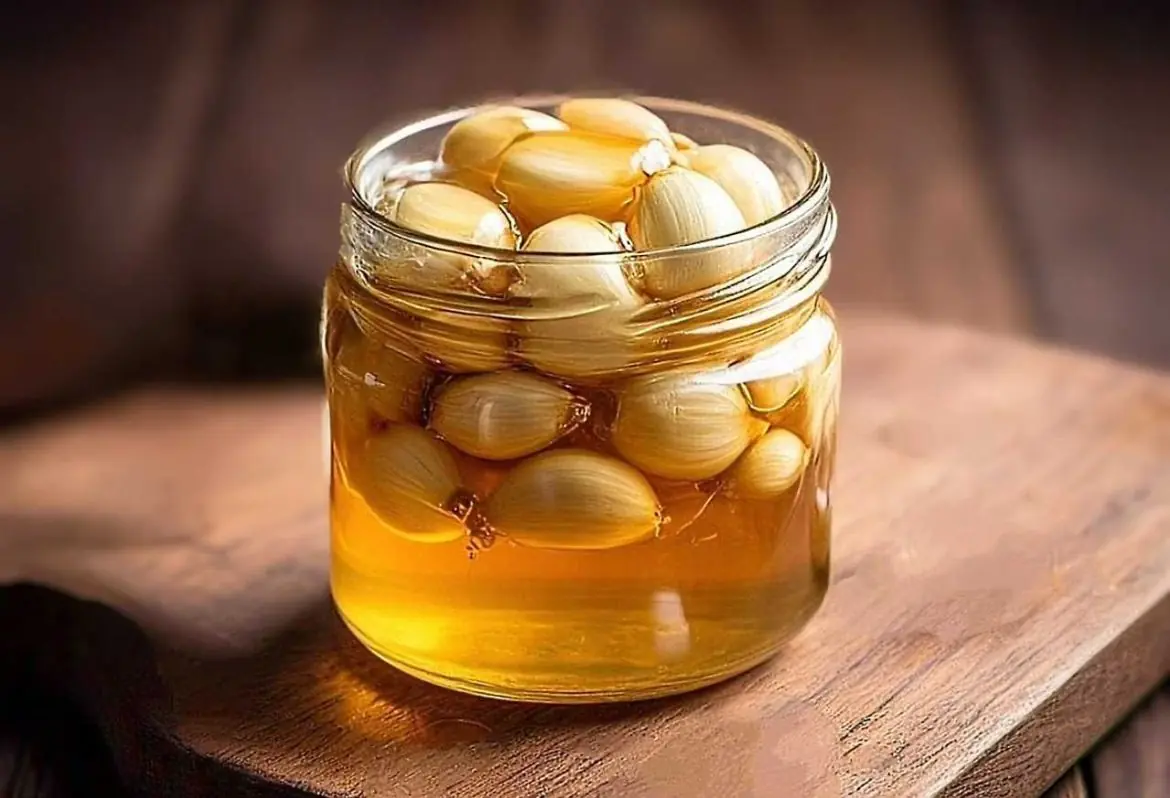When Carla's DIL suddenly begins calling her "Mom" after years of coldness, the change feels too good to be true. As old w0unds soften and new hope blooms, Carla uncovers the real reason behind the sudden affection and must decide what love really means.
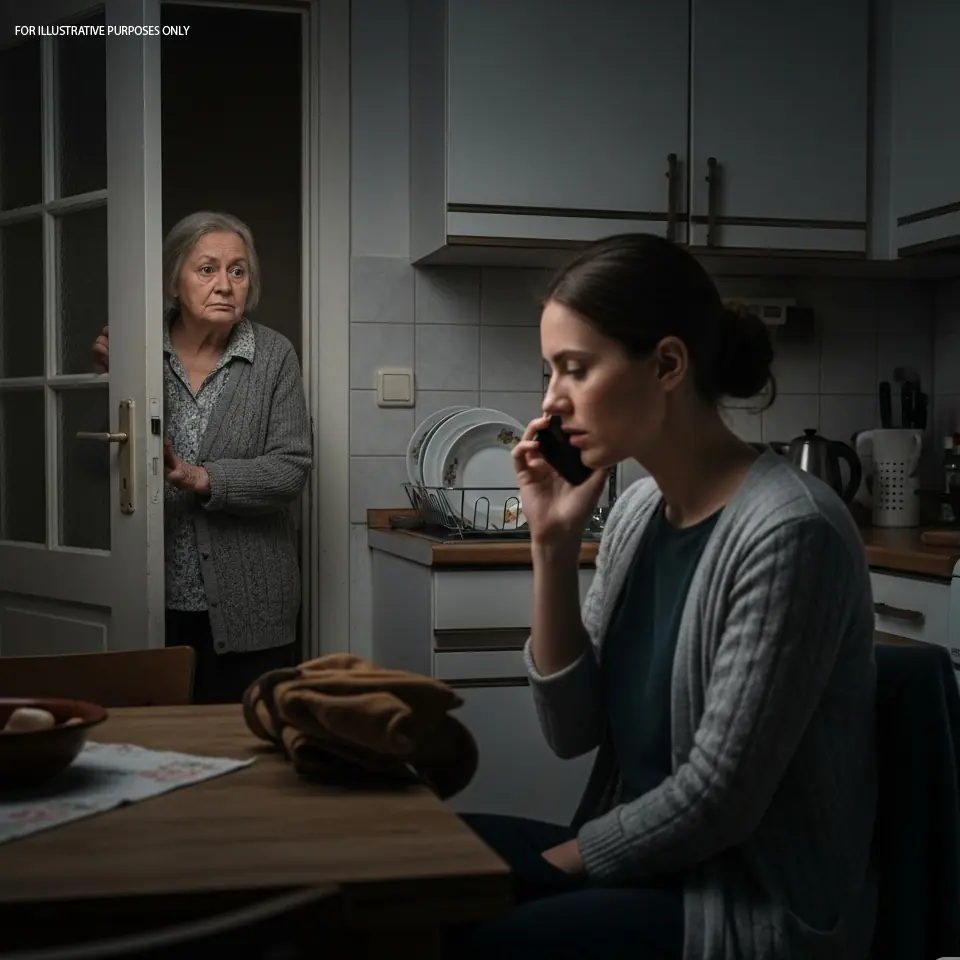
My name is Carla. I'm 65 and I don't usually tell my business to strangers.
But something happened five months ago and it's been knocking around in my chest ever since, like it's begging to be told.
So, here it is.
I've been a widow for almost a decade. A very long and lonely decade. My husband, Michael, died of pancreatic cancer when he was just 58. It was the kind of grief that presses down on your ribs for years.
I didn't know how to breathe without him.
The only thing that kept me going was our son, Brad. He was the sort of boy who asked before taking the last cookie even as a teenager. He was the kindest and most gentle man that I was proud to have raised.
My whole heart lived in him.
Six years ago, he married Melba. She was beautiful and polished. She was always perfectly dressed and polite on the surface, but there was a coldness underneath that I just couldn't understand. It was the kind that you can't point to without sounding overly dramatic.
Melba never called me "Mom." Just Carla. There were no warm hugs or unexpected sweet phone calls. The only time I was invited over was for the holidays and even then it felt like I was an obligation they were simply checking off.
Still, I never pushed. I didn't want to be that kind of mother-in-law, the one who hovered, judged, or left guilt trips in her wake. I told myself it was better to be respectful than overbearing.
I stayed in my lane. I baked brownies and cookies they never picked up. I sent birthday cards with glittery stickers. I left voicemails that usually went unanswered.
I'd say things like, "Just thinking of you," or "Hope the kids are doing well." The heartbreaking part was always Melba's replies.
"Thanks, Carla."
Never Mom. Not once.
I kept my distance and told myself that this was just how it was going to be now, that I should be grateful for Christmas dinners and Thanksgiving photos and the odd brunch every few months.
"Be grateful they let you come around at all, Carla," I muttered to myself one morning over a glum cup of tea.
But I missed my grandkids. Lindsay and Sain. They were seven and five. They were bright-eyed, sugar-sweet kids. Lindsay wore sparkly barrettes and corrected people when they mispronounced "ballerina."
Sain loved dinosaurs and asked questions like, "Do fish sleep with their eyes open?" They were joy in miniature form. But I only saw them a few times a year.
"Melba says they're just really busy," Brad would tell me on the phone. "With kindergarten, afterschool sports, and dancing for Lindsay, these kids are beat by the time they get into bed at night."
Busy. As if children their age had planners and deadlines.
Then, one ordinary Tuesday, something shifted.
It started with a text:
"Hi Mom! Just checking in. How's your back doing with this cold weather?"
I stared at the screen. My fingers hovered over the reply button, frozen.
Mom?
Was that really for me? Maybe she meant to send it to someone else. Like her actual mother or aunt.
So, I showed it to my sister.
"She called you Mom, Carla?" she said, eyes squinting like it was a code. "Are you sure she didn't h!t the wrong contact or something?"
"I have no idea, Meredith," I said. "But... maybe she's changed? It's possible, right?"
"Carla," my sister said, raising an eyebrow. "People don't change like that without a reason... Be careful, Sis. Usually... it means that someone wants something."
I sighed. I wanted so badly to believe that Melba was changing and that we'd become closer as a family.
But the next week, Melba showed up with banana bread. It was still warm and smelled delicious. She hugged me at the door, something tight and purposeful.
"It's so good to see you, Mom," she said, like it was a name she'd been practicing.
Brad's birthday came around in July.
I was invited for lunch at their place. I baked his favorite, a lemon tart that Michael showed me how to make when we had first started dating. It was all buttery crust, golden brown, dusted with powdered sugar and extra zest.
I even added a little curl of lemon peel in the center, like Michael used to do when Brad was small and picky about presentation.
I arrived early, around 12:40 instead of Melba's strict 13:00 invite. The sky was cloudless. One of those perfect summer days where nothing feels wrong until it is.
Their front door was unlocked. I remember thinking that was odd. Melba was always careful, even a little uptight about security. But maybe they were expecting me.
I balanced the tart in one hand and a blue gift bag with a few silk ties in the other, carefully nudging the door open with my shoulder.
"Hello?" I called softly, stepping inside.
No answer.
Then I heard Melba's voice, low, clipped, and coming from the kitchen. She was on the phone. I paused in the hallway, just for a second.
"Yes, I know it's fake. Of course, it's fake. But I need her to trust me. I feel sick calling her Mom. She's such a witch."
My breath caught. I didn't mean to eavesdrop, it just happened.
There was a pause and then...
"I'll be polite until she signs the equity transfer. Brad said she won't resist if we frame it like a college fund for the grandkids. She's obsessed with them. She'll do anything if she thinks that she'll get to spend more time with them. Once it's all done, she can go rot in that ugly little apartment she keeps talking about retiring to."
The plan, I gathered, was to have me sign the deed over, just a harmless equity shift, they'd say. Just a gift for the kids. But it wasn't a gift. It was a trap.
My hands went numb. I stepped back until I made my way back to the porch. I closed the door behind me and stood outside. The sky was still blue. Birds still chirped. But everything inside me had cracked wide open.
Melba had been playing me like a piano.
I didn't confront her. Not right away. I sat on the porch swing until it was 13:00. Then, I plastered a smile onto my face and walked in. I hugged the kids. I handed over the tart.
Melba served tea like she hadn't just called me a witch. I watched her hands pour honey into the cup, steady, calm, like she had nothing to hide.
And I stayed through lunch. Every bite felt like betrayal on my tongue, but I stayed.
Later that night, I sat on my couch with the scarf still hanging on a hook by the door and I cried. Quietly. Not because I wanted pity. But because I'd let myself believe it was real. I'd been hungry for connection, and she'd fed me lies.
That night, I called my lawyer.
Over the next two weeks, I changed everything. My will, my home deed and details to a trust that I'd set up for the kids. I met with an estate attorney named Jillian, who wore navy pantsuits and had a calm, no-nonsense voice.
She didn't blink when I told her what I'd overheard. She just nodded sadly.
"Don't worry, Carla," she said. "We'll make sure you're protected."
We set up a secured family trust. Lindsay and Sain were named as the sole future beneficiaries rather than Brad and Melba. Everything, the house, the savings, even the jewelry tucked into my dresser, was locked into the trust. No one could sell, transfer, or touch a cent without going through a professional trustee.
Still, something gnawed at me. It wasn't anger or even betrayal.
It was the why.
Why would Melba think I was weak enough to fall for this? Why would Brad, my Brad, let it happen? Did he know exactly what she'd said? Or had he just gone along with a watered-down version of her plan?
That question wouldn't leave me alone.
So I called him. He picked up on the third ring.
"Hey, Mom. What's up? Everything okay?"
That word again, Mom, felt like a sharp stone in my shoe.
"I need to ask you something," I said, voice steady.
"Sure."
"Did you know Melba was going to ask me to transfer the house?"
Silence. The kind of silence that has weight.
"She mentioned a college fund," he exhaled slowly. "She said that it might help if you gifted the equity."
I didn't let him off the hook.
"Did you know she was pretending to bond with me just to make that happen?"
There was more silence.
"I didn't know it was like that... I thought Mel was... I thought it was finally working between you two."
"She called me a witch, Brad. I have no clue who she was talking to but that's what I heard."
Nothing.
"I heard her. Every single word."
"I'm sorry," he muttered in a small voice.
"I've taken care of it," I said. "Lindsay and Sain are protected but no one's going to trick me out of my own life."
"Mom, I never meant..."
"I know," I said, softly. "And that's what hurts the most."
Two Sundays later, I invited them over for dinner. I told them I had a "family surprise."
Melba's voice practically sparkled through the phone.
"We were just talking about that college fund," she said. "Lindsay has big dreams! And Sain is right there behind her... It's so generous of you, Mom!"
That darn word again, coated in sugar but sour to digest.
I set the table with my wedding china. The wh!te porcelain with gold trim that Michael and I picked out when we were barely old enough to drink. I even polished the silverware.
I lit two tall taper candles. I folded the napkins perfectly.
They arrived right on time. Melba wore a pale green blouse and brought a bottle of wine, red, dry, the one I'd said I liked once three years ago. Brad kissed my cheek.
Melba hugged me tight, arms perfumed and warm.
"We're so glad you're doing this," she whispered. "Truly."
"I'm glad you're here," I replied and I meant it... just not in the way she thought.
Dinner was quiet and polite. Strained, almost. We talked about Lindsay's school play, Sain's new obsession with space rockets, and the usually mild weather. Melba complimented the roast chicken three times. Brad didn't say much.
After dessert, I brought out the envelope. It was cream-colored with heavy paper. I placed it between their water glasses like it was a gift.
Melba snatched it up, lips already parting to say thank you.
But then she read the letter. Her face stiffened. She blinked once, slowly.
Inside was the formal trust document. It stated that all major assets, my home, my savings, had been moved to a protected estate trust. Lindsay and Sain were named as beneficiaries. No one, not Brad, not Melba, could touch a cent without legal oversight.
"Why would you do this?"
I met my daughter-in-law's eyes.
"Because love shouldn't come with a price tag," I said. "And if you have to fake it to get what you want... then it was never really love in the first place, huh?"
Brad's hands rested on the table, still as stone. His eyes flicked to mine, then away. I couldn't tell if he was ashamed, angry, or both.
They didn't argue. They just stood. Melba gathered her purse without a word. Brad followed.
There were no hugs. No "Mom." No emojis in my texts after.
That was two months ago. Melba hadn't reached out. Not once.
Brad sends photos sometimes, Lindsay painting, Sain with a popsicle, but his messages are stiff. Detached. There's no more warmth in his words, just obligation.
Then, last week, I opened the mailbox and found a purple envelope, smudged with what looked like peanut butter fingerprints.
Inside was a folded piece of construction paper. A crayon drawing, three stick figures holding hands. One had glasses and gray hair. One had a pink tutu. One held a lemon tart with a big yellow sun drawn high above them.
Underneath, in Lindsay's uneven handwriting:
"I love you, Grandma. I hope you always live in your big house."
I sat at my kitchen table and cried. Not from sadness. From knowing. That sweet little girl had seen everything. She had seen through everything.
She saw me. And that was enough.
